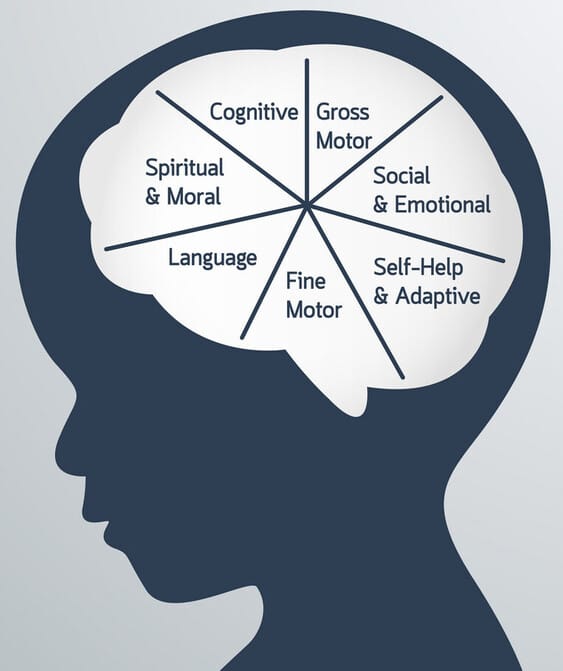“Softly you nurture the child, hard adult is” RB
Means do not try to change core nature of Child, understand core nature and nurture it.
When you nurture a Child, you develop new skills and strengths along with that you maintain core skills and strengths.
You can polish a structure, you can’t change it. By polishing you can improve skills by 20-30% or high in exceptional cases. And in exceptional cases role of nurturer play more important role.
You need to destroy a structure to change it.
You can change or polish child core nature by 30-40%
You can change or polish Teenager core nature by 20-30%
You can change or polish Adult core nature having age in between 20-30 by 10-20%
You can change or polish Adult core nature having age in between 30-40 by 5-10%
You can change or polish Adult core nature having age in between 40-50 by 5%
Above age of 50% even it is quite difficult to polish the core nature.
Above age of 60 Human being find it difficult to maintain original skills, anxiety level gradually increase that deteriorate core skills.
During Human kind multiple number of concerns are raised and debated over developmental psychology. The key questions are:
Development is due to genetics reasons or environmental reasons?
Does development occur slowly or gradually, or do development happen in various stages of life?
How childhood experiences impacts later stages of life?
NATURE VS NURTURE:
The discussion over the relative contributions of inheritance and the environment usually referred to as the nature versus nurture discussion is one of the oldest issues in both philosophy and psychology.
Many Psychologists think that some ideas are inborn. On the other hand, thinkers some psychologists argued for the concept that the mind is a blank slate at birth, and grow with experience determining our knowledge.
Some aspects of development are clearly biological, such as puberty. However, the outset of puberty can be impacted by environmental factors such as diet and nutrition.
EARLY vs. LATER EXPERIENCE
Another important consideration in development psychology involves the relative importance of early experience versus with experience you gain in later stage of life. Do we are more affected by events that occurs in childhood or the events that occur later part of life, which impact your life more?
Many psychologist and researcher emphasized on events that occur in early childhood or till age of five affects child personality more since your brain major development happen till age of five. So if your childhood has deprived experience or experience is not good or overwhelmed will impact your later stage of life.
In contrast to this, psychologists also believe that influence of childhood events may not necessary to impact over your behavior throughout your life, however incident in childhood may definitely increase stress in adulthood. Many of adults are still able to cope with adulthood perfectly who have spent their childhood in adversity.
Continuity vs. Discontinuity
Another major issued observed in development psychology is continuity. How continuity or growth evolved in your life? Is it smooth over time or continuity occurring through steps?
Many psychologist debate that changes is simply matter of age, children display certain skills with the age, however other psychologist think that Children acquire skills at certain stage of development.
Mainly there are three developmental theories:
- Psychoanalytic Theory
- Learning Theory
- Cognitive Theory
Psychoanalytic Theory:
Psychoanalytic theory emphasize on importance of the unconscious mind and childhood experience. Psychoanalytic theory say development happens through continuous psychosexual stages.
Learning Theory:
Learning theory focus on that how the environmental factor impact individual behavior. Learning processes mainly include classical conditioning, operant conditioning, and social learning. In all above, behavior is formed with interaction between individual and environment.
Cognitive theory:
Cognitive theory focus on mental development, mental skills and abilities.
ABNORMAL BEHAVIOR vs. INDIVIDUAL DIFFERENCE:
During childhood, one of the key concerns of parents is whether child is developing normally or not. Developmental milestones offer guidelines for the ages at which age child will certain skills and abilities appear. Issues appear when parents find that their child is falling short with certain skills and abilities.
Although developmental theory have emphasized on shortfall in behavior, Another important factor that come in discussion is individual difference in development becoming more common
Psychoanalytic theory is primarily emphasized on abnormal behavior, and developmental theory focus on deficit in behavior.
Learning theory focus more on environmental impact on individual behavior, so individual difference are key component of all these theories.
So it is important to focus on all factors of child development i.e environmental factor, individual differences and abnormal behavior.






Interesting topic
Tks
Superb
Your imagination is beautiful
tks
tks
Nice article, very good detail provided
Very unique detail provided
Tks
Good article
Absolutely correct
Very nice Article and every parent should read this article.
Tks
Tks
Tks